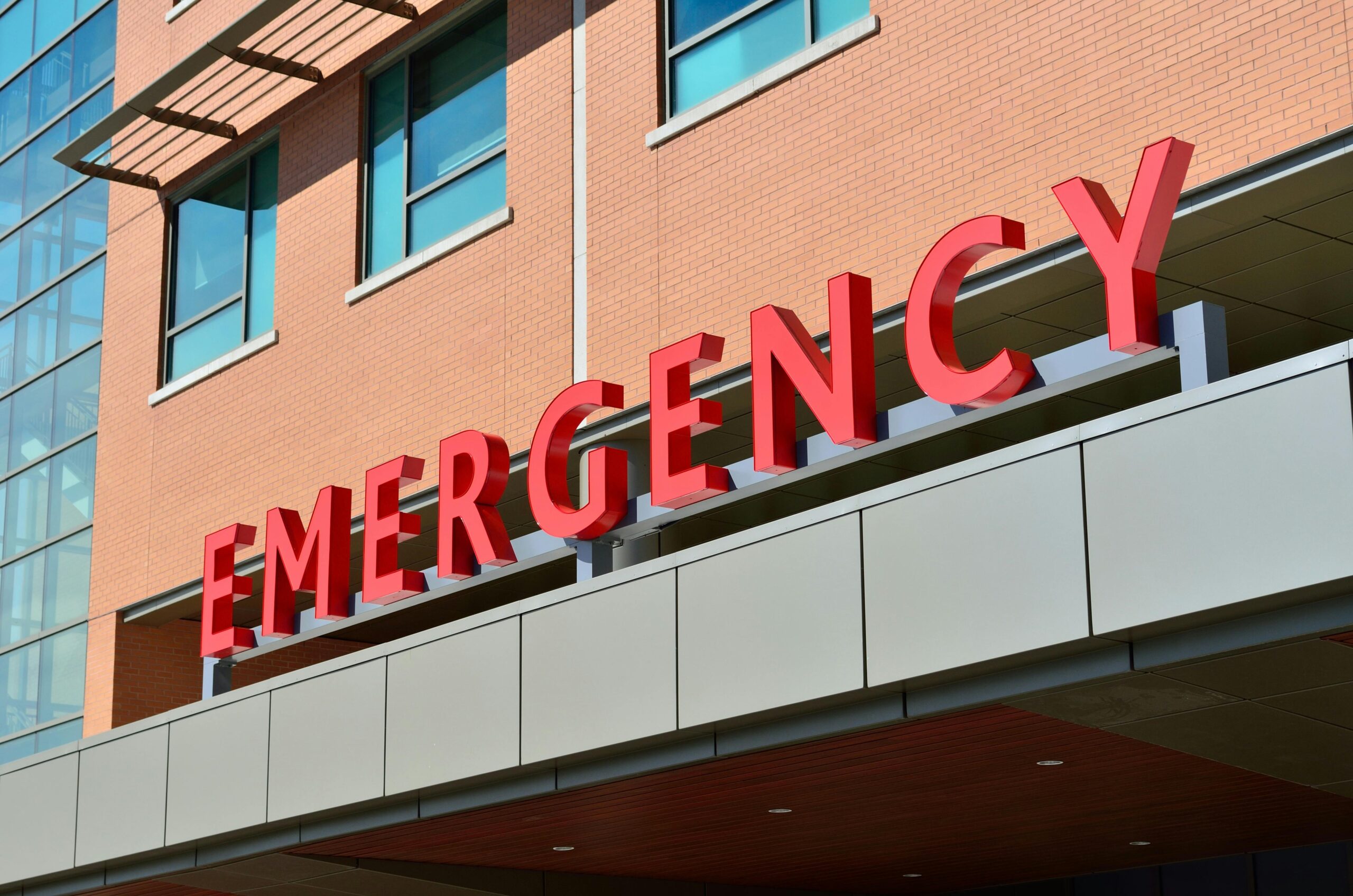How Does Emotional Abuse Affect Physical Health?
Emotional abuse is a pervasive form of psychological manipulation and control that can profoundly affect an individual’s mental and physical well-being. The connection between emotional abuse and physical health is not always immediately apparent, yet the impact can be severe and long-lasting.
Understanding Emotional Abuse
Emotional abuse encompasses various forms of psychological harm, each designed to undermine a person’s sense of self-worth and autonomy. Verbal degradation, psychological manipulation, and gaslighting are among the most common tactics employed.
Verbal degradation includes insults, name-calling, and mocking, which can erode self-esteem and create lasting emotional wounds. For instance, a partner might continually criticize their spouse’s appearance or intelligence, leaving them feeling inadequate and unworthy.
Psychological manipulation involves tactics like guilt-tripping, isolating the victim from supportive relationships, or exploiting their vulnerabilities for the abuser’s gain. An example would be a parent who constantly reminds their child of their financial sacrifices, instilling a sense of indebtedness and obligation.
Gaslighting is a particularly insidious form of emotional abuse where the abuser manipulates the victim into questioning their own reality, memory, or sanity. An example is when an employer repeatedly denies having given an employee specific instructions, causing the employee to doubt their competence and perception.
Emotional abuse occurs in various contexts, including intimate relationships, families, workplaces, and friendships, where power dynamics can be exploited to exert control over others.
The Link Between Emotional and Physical Health
The mind-body connection illustrates how emotional distress can manifest physically. Chronic emotional stress can lead to a range of physical health issues due to the overactivation of stress response systems, such as the hypothalamic-pituitary-adrenal (HPA) axis and the sympathetic nervous system.
Stress hormones like cortisol, released during periods of emotional distress, can disrupt normal bodily functions and contribute to health problems such as hypertension, digestive issues like irritable bowel syndrome (IBS), and a weakened immune response.
Physical Health Effects of Emotional Abuse
The physical toll of emotional abuse is substantial. Stress-related conditions like chronic headaches, insomnia, and muscle tension are common among individuals who endure ongoing emotional trauma. These symptoms can persist long after the abuse has ended, as the body struggles to recover from prolonged periods of heightened stress.
Chronic stress can also compromise the immune system, making individuals more susceptible to infections and lengthening recovery times. For example, someone experiencing emotional abuse may find that they catch colds more frequently or have difficulty healing from injuries.
Psychological Health Effects of Emotional Abuse
Emotional abuse can lead to severe psychological health issues, including anxiety disorders and depression. Individuals who endure emotional abuse may experience persistent feelings of sadness, worthlessness, and hopelessness. Changes in appetite, sleep patterns, and difficulty concentrating are also common.
In severe cases, post-traumatic stress disorder (PTSD) can develop, characterized by symptoms such as flashbacks, hypervigilance, and avoidance behaviors. PTSD can significantly impair an individual’s ability to function in daily life and maintain healthy relationships.
Behavioral Responses to Emotional Abuse
Coping mechanisms in response to emotional abuse can take various forms, many of which are detrimental to physical health. Common responses include substance abuse, such as alcohol or drugs, as a way to numb emotional pain. Self-harm may be used as a means of regaining a sense of control or expressing internal distress. Disordered eating behaviors, such as binge eating or restrictive eating, may develop as a response to stress and emotional turmoil.
Emotional abuse can significantly influence lifestyle choices. Victims may adopt unhealthy eating habits or neglect their nutritional needs. Exercise habits may change, either increasing as a way to cope with stress or decreasing due to feelings of fatigue or depression. Victims may also hesitate to seek medical care, either due to a lack of confidence in their symptoms or as a result of being discouraged from seeking help by the abuser.
Cycles of Abuse and Health
The cyclical nature of emotional abuse can have severe impacts on both physical and mental health. The ongoing stress and trauma of abuse can exacerbate pre-existing health conditions, lead to the development of new health issues, and negatively impact overall well-being. The stress of abuse can disrupt sleep patterns, increase susceptibility to illness, and contribute to chronic pain conditions.
Breaking the cycle of abuse can be incredibly challenging for victims. Barriers to seeking help may include fear of retaliation from the abuser, shame or embarrassment about their situation, and financial dependence on the abuser. These factors can prevent victims from reaching out for assistance or leaving the abusive situation.
Case Studies and Personal Stories
Real-life examples highlight the profound impact of emotional abuse on physical health. Individuals who have experienced emotional abuse may suffer from chronic health conditions such as migraines, gastrointestinal disorders, or cardiovascular problems. Testimonials or interviews can provide a personal perspective on the toll of emotional abuse on physical health and the journey toward healing.
Recovery and Healing
Recovery from emotional abuse involves various steps. Therapy, including cognitive-behavioral therapy and trauma-focused therapy, can help individuals process their experiences and develop coping strategies. Support groups offer a space for victims to connect with others who have experienced similar situations and share their stories. Self-care practices, such as mindfulness, exercise, and healthy eating, can aid in rebuilding self-esteem and establishing healthy boundaries.
Resources are available to support individuals affected by emotional abuse. Domestic violence hotlines provide crisis intervention and safety planning. Counseling services offer therapy for victims and survivors. Online support groups create communities where individuals can find solidarity and encouragement.
Conclusion
Emotional abuse has a profound impact on both physical and mental health. It can lead to a range of health issues, exacerbate existing conditions, and influence behavioral responses and lifestyle choices. The cycle of abuse can be difficult to break, but recovery is possible through therapy, support groups, and self-care practices.
Raising awareness about emotional abuse is crucial. By understanding its impact and recognizing the signs, we can better support those affected. If you or someone you know is experiencing emotional abuse, it is essential to seek help. Resources such as domestic violence hotlines and counseling services are available to provide assistance and support on the journey to healing.
Resources and Support
If you or someone you know is experiencing emotional abuse, there are organizations and hotlines available to provide support and assistance. Here are some resources:
- National Domestic Violence Hotline (USA): 1-800-799-SAFE (7233) Website: www.thehotline.org
- National Coalition Against Domestic Violence (NCADV): Website: www.ncadv.org
- RAINN (Rape, Abuse & Incest National Network): National Sexual Assault Hotline: 1-800-656-HOPE (4673) Website: www.rainn.org
- Loveisrespect: National Dating Abuse Helpline: 1-866-331-9474 Website: www.loveisrespect.org
- Crisis Text Line: Text HOME to 741741 for free, 24/7 crisis counseling Website: www.crisistextline.org
- Domestic Violence Resource Center (DVRC): Website: www.dvrc-or.org
These organizations can provide immediate assistance, safety planning, and resources for those affected by emotional abuse.
For further reading and resources on the topic of emotional abuse, consider the following:
- Books:
- “The Verbally Abusive Relationship” by Patricia Evans
- “Why Does He Do That? Inside the Minds of Angry and Controlling Men” by Lundy Bancroft
- “The Emotionally Abusive Relationship: How to Stop Being Abused and How to Stop Abusing” by Beverly Engel
- Websites:
- Psychology Today: Offers articles and resources on emotional abuse and mental health.
- HealthyPlace: Provides information on emotional abuse, coping mechanisms, and recovery.
- Articles:
- “Understanding the Effects of Emotional Abuse” – Link to article
- “Recognizing Emotional Abuse: How to Identify and Stop Emotional Abuse” – Link to article
- Online Support Groups:
- Psych Central Forums: Offers a supportive community for discussing emotional abuse and related topics.
- SupportGroups.com: Provides various online support groups, including for victims of emotional abuse.
These resources can provide additional insights, support, and guidance for individuals interested in learning more about emotional abuse or seeking help.
References
Throughout this article, information has been drawn from various studies, research papers, and authoritative sources. Here are some references for further reading:
- Bancroft, L. (2002). Why Does He Do That? Inside the Minds of Angry and Controlling Men. Berkley Books.
- Engel, B. (2002). The Emotionally Abusive Relationship: How to Stop Being Abused and How to Stop Abusing. John Wiley & Sons.
- Evans, P. (2010). The Verbally Abusive Relationship: How to Recognize It and How to Respond. Adams Media.
- National Coalition Against Domestic Violence. (n.d.). Emotional Abuse.
- World Health Organization. (2013). Global and regional estimates of violence against women: Prevalence and health effects of intimate partner violence and non-partner sexual violence.
These references provide evidence and context for the impact of emotional abuse on physical and mental health, as well as strategies for recovery and healing.




